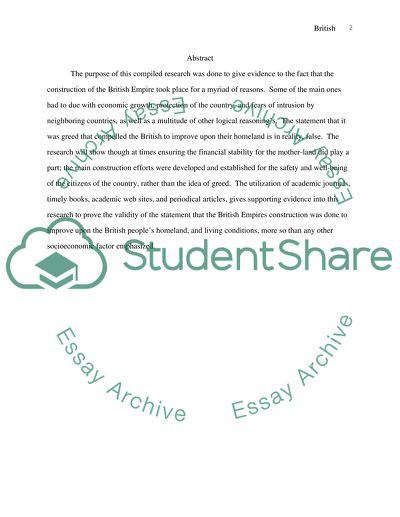Cite this document
(“British Empire Essay Example | Topics and Well Written Essays - 2000 words”, n.d.)
British Empire Essay Example | Topics and Well Written Essays - 2000 words. Retrieved from https://studentshare.org/history/1507459-british-empire
British Empire Essay Example | Topics and Well Written Essays - 2000 words. Retrieved from https://studentshare.org/history/1507459-british-empire
(British Empire Essay Example | Topics and Well Written Essays - 2000 Words)
British Empire Essay Example | Topics and Well Written Essays - 2000 Words. https://studentshare.org/history/1507459-british-empire.
British Empire Essay Example | Topics and Well Written Essays - 2000 Words. https://studentshare.org/history/1507459-british-empire.
“British Empire Essay Example | Topics and Well Written Essays - 2000 Words”, n.d. https://studentshare.org/history/1507459-british-empire.


